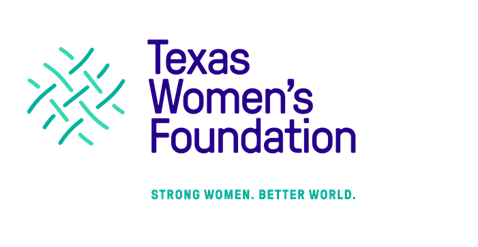Via: My Sweet Charity
By: Glenn Hunter
While women make up half the Texas population and play a significant role in the state’s workforce, they continue to lag and face challenges when it comes to key indicators of economic security. That’s the conclusion, at least, of a new report called “Economic Issues for Women in Texas 2020.” The report was produced by the Texas Women’s Foundation and based on research conducted by Every Texan, a nonprofit progressive think tank formerly called the Center for Public Policy Priorities.
The report highlights the status of Texas women in four critical areas: education, child care, health insurance and housing. It was first released in 2014 and has been updated every three years. The study “examines both policies and practices at the state level, while identifying areas where innovation and investment can help strengthen women and their families,” Roslyn Dawson Thompson, president and CEO of Texas Women’s Foundation, said in a news release. “We hope the research creates a shared understanding and motivates a shared commitment to drive solutions that support women and their families, and build a stronger Texas for us all.”
“Economic Issues for Women in Texas 2020,” for which data was collected prior to COVID-19, states that there are 14 million women and girls in Texas, and that the “typical” Texas woman is a 36-year-old woman of color who lives in a city, works to support her family, and earns $35,000 per year or less. Nearly one in six Texas women and girls lack sufficient financial resources to care for themselves and their families, the report says, resulting in more than 2.3 million women in Texas earning less than the poverty threshold. For every hour that Texas women work, the study says, they earn $2.83 less than their male counterparts, with even larger gaps for black and Hispanic women.
In the Education arena, the study says Texas women overall are well-educated, with 1.4 times as many women as men completing public college in 2018. In Child Care, the report says about 2.5 million working women in Texas have children, so access to child care is a critical need. However, full-time infant care in Texas cost more than $8,000 in 2019 — an expense that only 16 percent of Texas families can afford using the federal definition of affordable care. More than 1 million Texas children could qualify for subsidized child care through the Texas Workforce Commission, the study goes on, but fewer than 10 percent of eligible children receive it due to lack of funds and lack of child-care providers who accept subsidies.
In the Health Insurance realm, the report says Texas women are twice as likely to be uninsured compared with other women across the country, meaning that more than 1.9 million adult Texas women lack health insurance. Women of color are the least likely to have such coverage, with more than one in four Hispanic women uninsured, compared to one in 10 white women. In Housing, the study continues, more than 30 percent of families led by women are “burdened” by the cost of housing in Texas, meaning they spend at least 30 percent of their income on housing. Nearly one in five single women and single mothers experience “severe” housing burden — spending more than half their income on housing — while more than 40 percent of black women spend more than a third of their income on housing.

